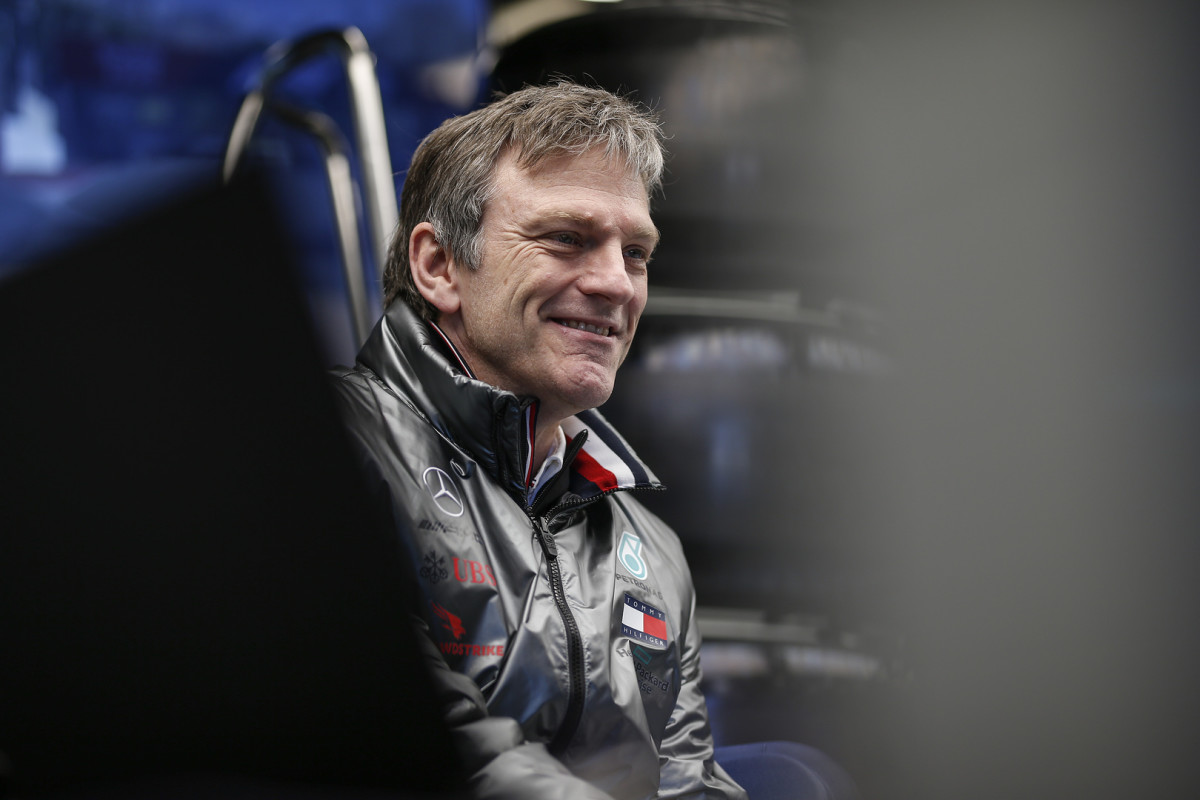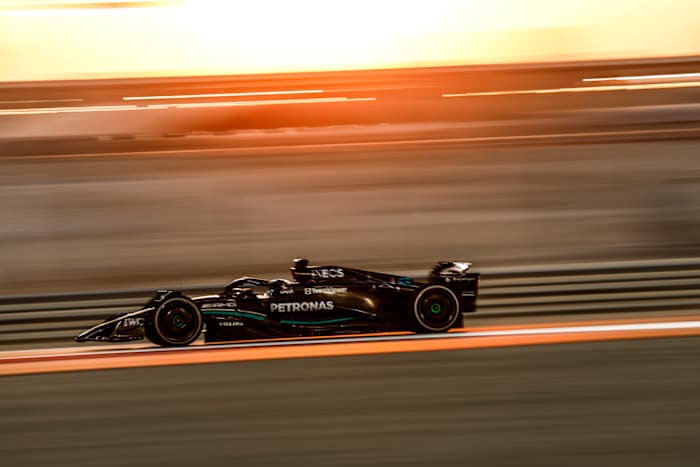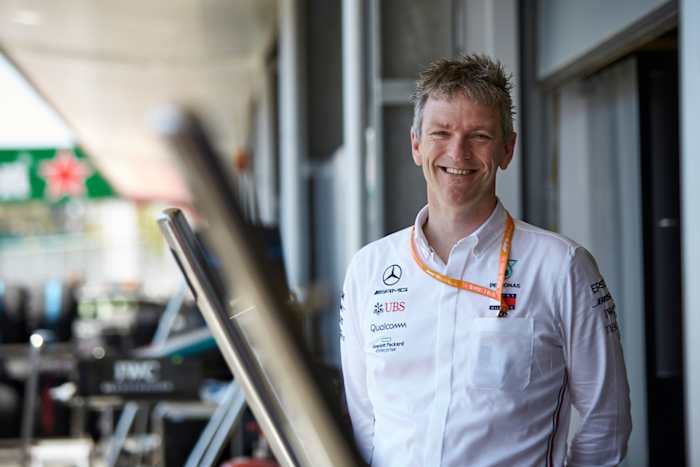
F1 News: Mercedes Director Reveals Internal FIA "Debate" Over Rising 2024 Concerns
Mercedes technical director James Allison has confirmed ongoing discussions with the FIA to limit team personnel's race attendance, in light of the demanding 2024 F1 season. Amidst concerns about the sustainability of the 24-race schedule, the new proposal aims to cap attendance at 20 races per season for team staff, excluding drivers.
Key Takeaways
- Overworked Personnel: The gruelling 22-race schedule in 2023 has taken a toll on team members, with Mercedes' George Russell highlighting the physical and mental strain caused by frequent travel and time zone changes.
- Proposed Cap on Races: James Allison confirms talks for a potential cap of a certain amount of races for each team member, excluding drivers, to alleviate stress and improve sustainability in the sport.
- Differing Views on Schedule: F1 CEO Stefano Domenicali sees the current number of races as market-driven and sustainable, while FIA president Mohammed Ben Sulayem warns of fatigue risks.
James Allison has confirmed that discussions are in progress with the FIA to potentially limit the number of races team personnel can attend. This move comes as the F1 world braces for a packed 2024 season, featuring a record-breaking 24 races.
George Russell, Mercedes driver and GPDA director, recently voiced his concerns about the intense schedule. He pointed out the health issues faced by team members due to continuous travel and environmental changes. Russell also mentioned ongoing discussions about regulating personnel attendance in future seasons, emphasising that the current schedule isn't sustainable for the 4,000 people involved in F1.
F1 CEO Stefano Domenicali and FIA president Mohammed Ben Sulayem have differing perspectives on the race schedule. Domenicali believes the current number of races is a balance between market demands and logistical complexity, whereas Sulayem warns that 24 races could lead to significant fatigue among team members.
Allison's proposition involves limiting team staff to 20 races per season, a rule that would apply to all, including team bosses. He highlights the physical and mental demands of the current schedule, especially considering winter testing and other commitments. Speaking on the Performance People podcast, Allison commented:
"When you consider there is also winter testing to be done, if you're one of the travelling folk, then that is more than half the year spent on the road, and in a mode of working that is quite tiring, and quite demanding.
"All the people back in the factory who give live support to that as well are having to take that burden on their shoulders.
"So the sport has just started to address it because the cost cap means you can't reasonably contemplate saying, 'Well, it's now a sufficiently large number of races that we need to double up on the roles that do the travelling to allow them to alternate races or anything like that'.
"The financial reality of that makes that prohibitive inside the cost cap, so to try to impose some relief on an otherwise very difficult-to-manage season, the sport has just started to debate internally about whether we should have rules.
"Let's say in a 24-race season, it would mean that no individual, other than the drivers, would be allowed to do all 24 races, a cap would be imposed, maybe at 20 races, let's say, just plucking a number from the air.
"It would mean that everyone previously going to have to do the full slog would only be able to do 20 of them, and the teams would have to find it in themselves to put alternative methods of coping with the absence of each member of that travelling community four times per year. That will be an interesting set of gymnastics to cope with."
Allison continued:
"The net positive would be that at least for a small number of weekends per year, you could rest and recharge if you were otherwise committed to a travelling role.
"That will mean people like Toto, as team principal, would have to respect it as well. The race engineers, the ones who have the closest relationship with the drivers, Bono and Shov, a relationship that lots of people know about because they hear it on the radio, the drivers would have to hear a different voice four times a year.
"We'd have to figure out how to manage that in a good way."


